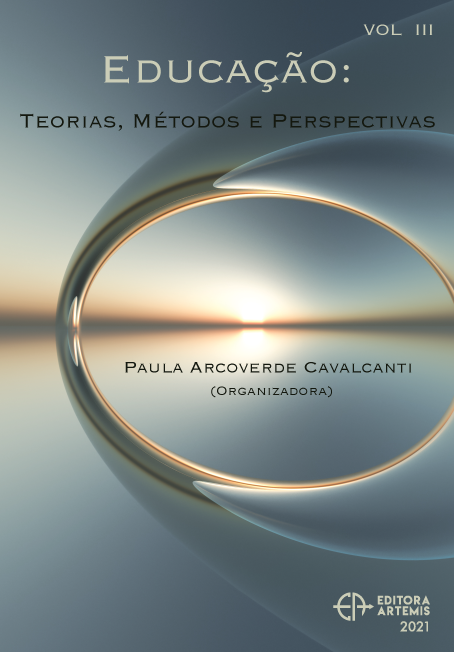
LA ENSEÑANZA DE LA HISTORIA RECIENTE EN URUGUAY. LAS POLÍTICAS PÚBLICAS DE MEMORIA, ¿FAVORECEN LA DISCUSIÓN Y LA FORMACIÓN DE CIUDADANÍAS CRÍTICAS?
Las políticas públicas de Memoria en relación con las dictaduras del cono sur latinoamericano entre 1960-1980, generaron cambios en la Educación formal. En Uruguay, al amparo de investigaciones y documentos respaldados por el Estado con una nueva Ley de Educación, la incorporación de la Historia reciente en planes y programas educativos provocó una renovación de las estrategias docentes observadas durante la investigación que motivó este artículo. El peso de lo local y el valor de las instituciones en las cuales se desplegaron estas transformaciones quedó de manifiesto.
LA ENSEÑANZA DE LA HISTORIA RECIENTE EN URUGUAY. LAS POLÍTICAS PÚBLICAS DE MEMORIA, ¿FAVORECEN LA DISCUSIÓN Y LA FORMACIÓN DE CIUDADANÍAS CRÍTICAS?
-
DOI: 10.37572/EdArt_15122146013
-
Palavras-chave: Enseñanza Historia Reciente Derechos Humanos
-
Keywords: Teaching Recent History Human rights
-
Abstract:
The public policies of Memory related to the dictatorships in the South American cone between 1960-1980 inspired changes in the Education system. In Uruguay, under the backup of investigations and documents ordered by the State and a new Law of Education, the incorporation of the Recent Past in educational plans and programmes renewed the teaching strategies which were observed along the investigation that motivated this article. The influence of the local background and the relevance of the public institutions where the investigation was carried out was remarkable.
-
Número de páginas: 15
- Carla Bernardoni Pedreira

